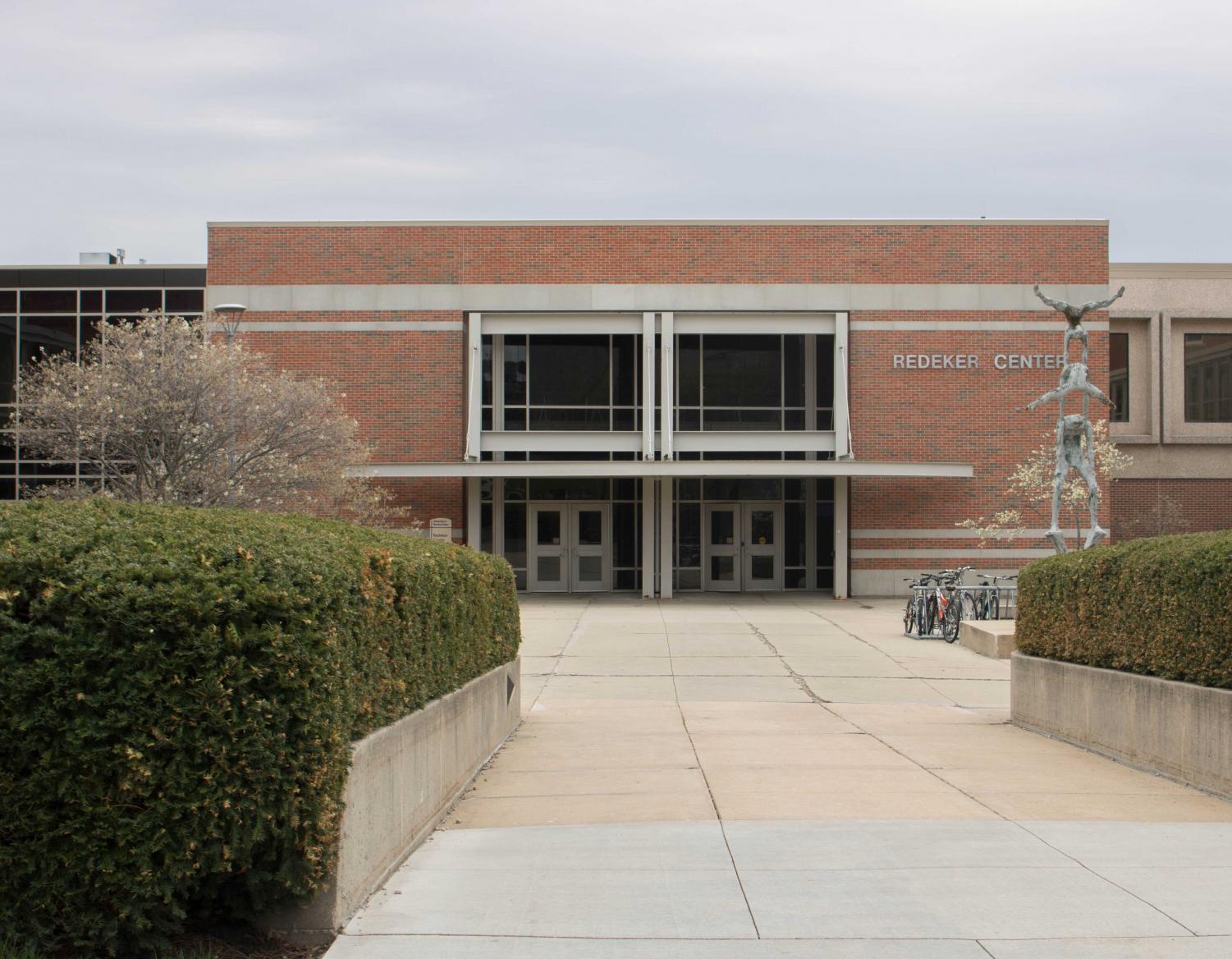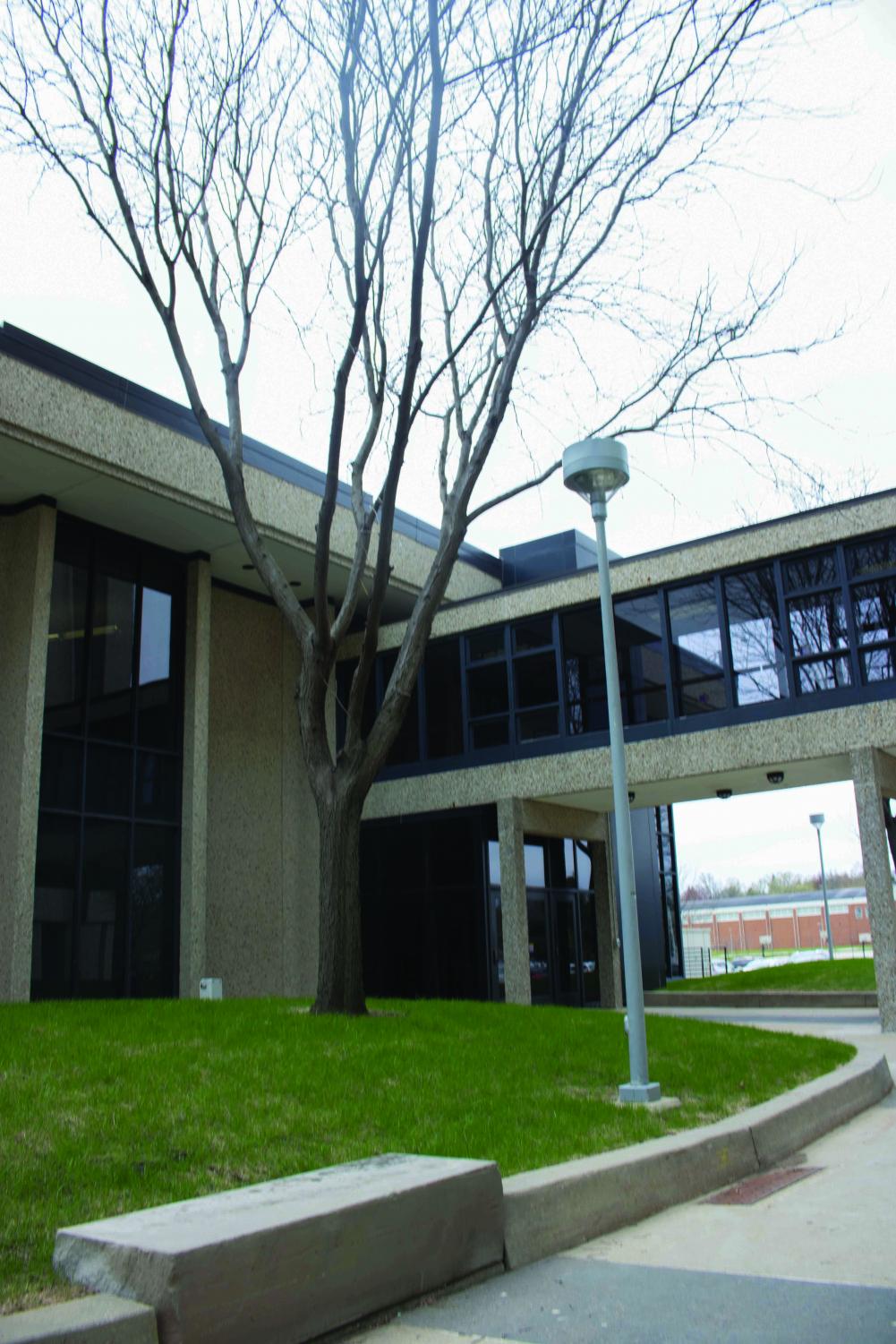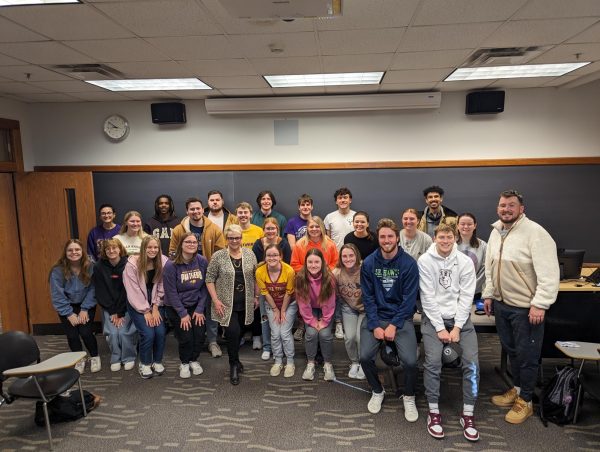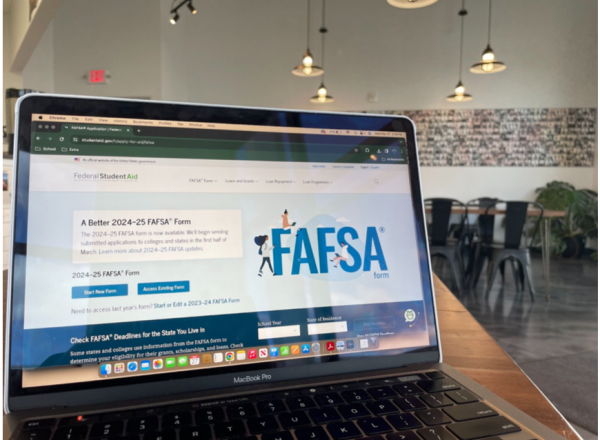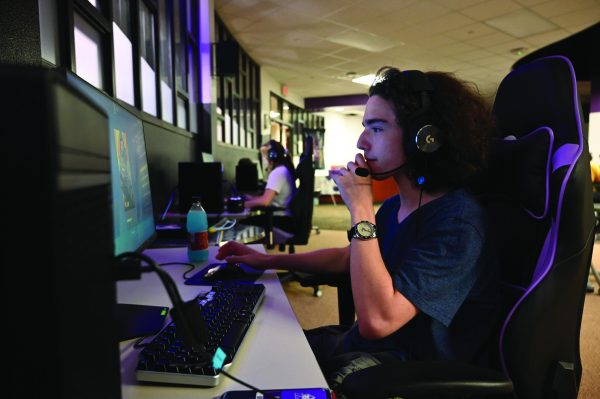DOR explains 2019-20 dining changes
Apr 29, 2019
Rumors regarding changes to UNI dining services during the 2019-2020 school year are being laid to rest.
Next year’s updates will include taking all late meals, such as late lunch and late dinner, away from Rialto. For Friday dinners and all-day on Saturdays, only Rialto will be open and Piazza will be closed, while on Sundays, only Piazza will be open and Rialto will be closed. Students will also be allotted 16 to-go meals per semester.
“It is hoped these changes will keep rates low so more students can afford to attend UNI and live on campus,” said Janet Despard, director of dining administration. “On average, students who live on-campus and dine communally the first two years are more connected to campus life, persist at higher rates, graduate faster (in four years) and have higher GPAs.”
Despard noted that the number one factor prompting students to move off-campus is the cost.
According to Despard, all budget decisions for the Department of Residence (DOR) are made collaboratively by the DOR. They also consider input from the Residence Hall Association and university leadership. Ultimately, budgets must be approved by the Board of Regents.
Currently, the dining rates for fiscal year 2020 have not been approved by the Board of Regents yet and, thus, they are not final.
“I must emphasize this is not final, but the requested rate increase is lower than the expected increase in expenses,” Despard said. “Again, we are trying to keep the overall cost of attendance as flat as possible.”
If the Iowa Board of Regents approves the requested increase, Despard says the all-access plan will increase $53, which is 1.2 percent of the current cost.
“These changes are planned because they support the university priority of keeping increases in the overall cost of attendance (which includes housing and dining) as close to flat as possible,” she said. “This proposal provides the cost savings needed for a balanced budget.”
Dining services are funded by a combination of dining plans, retail sales and campus catering services, according to Despard.
“DOR and Dining Services are owned and operated by UNI as a fully self-funded auxiliary,” Despard said. “They receive no financial support or subsidy from the state or the university. All revenue comes from residence hall and dining plan fees, as well as from catering and retail locations around campus, which are also owned and operated by DOR. DOR and Dining are required to have a balanced budget and meet certain financial ratios. Unlike dining operations managed by contract management companies, DOR and Dining do not generate profits and there are no shareholders or a board of directors governing the operation.”
Some students, like Hanna Bush, appreciate the effort to keep costs down.
“In terms of convenience it will [affect me] but overall, I think it’s important to look at the bigger picture,” said Bush, a sophomore majoring in elementary and middle-level education. “As long as one [dining center] is open at all times, I think that’s fine. Like I said, definitely more inconvenient. But is it something that if we had regular hours like that we do now and it increases our tuition because they’re having to pay the students to provide that food, then I think maybe it’s better to go to those more limited hours to still have that food available but just in a different location but not have that rise in tuition.”
Although Bush sees the dining centers as a major perk of living on campus, she does not think the changes will alter her fellow students’ decisions to live on campus.
Not all students see the changes in the same light. Some, like Amanda Bruns, are very unhappy about them.
“Even though I’m living in Panther Village next year, I prefer Rialto to Piazza,” said Bruns, who is a sophomore social science education major. “Some of my friends are going to live on the north side of campus, so I was planning to eat at Rialto once in a while. But with my class schedule, I won’t be able to because I have classes over the usual lunch period. It’s just kind of upsetting because on the weekend I probably would have walked down to Rialto or something.”
When Bruns heard about the changes last week, she switched her meal plan for next year from all-access to a 120-meal block.
Bruns is also concerned for her friends who currently work in Rialto. The changes will affect their shifts as there will be more limited hours available. However, according to Despard, the dining services do not anticipate any shortage of work opportunities for students.
Current dining employees have been informed of the changes and have planned their work schedules for next year accordingly. The dining hours for next year will be available online by the end of the semester.


